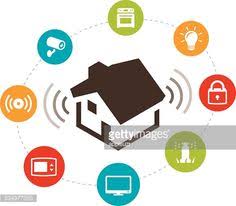Five main obstacles that could hinder the responsible adoption of AI-based technologies and propose strategies to address them.
Companies are betting on AI—yet nearly all enterprise pilots are stuck at the starting line.
That dream of a universal electronic health record has proven elusive.
New AI tool to track vocalisation trends such as shouting and coughing in dementia patients and flagged in real time.
The emerging role of AI-based companions in the care of people with dementia, referencing brain-health startups.

 The University of Michigan polled older adult responders – and the results are in. In a recent survey of more than 1000 adults aged 50+, the University of Michigan poll, fielded inside Michigan and nationwide, demonstrates that Artificial Intelligence technology is useful to older adults – and that they are not intimidated by it. As with other studies, those with less education had somewhat less trust in AI-enabled information, and those with health disabilities also were somewhat less trusting of the information they found. (Source: July, 2025
The University of Michigan polled older adult responders – and the results are in. In a recent survey of more than 1000 adults aged 50+, the University of Michigan poll, fielded inside Michigan and nationwide, demonstrates that Artificial Intelligence technology is useful to older adults – and that they are not intimidated by it. As with other studies, those with less education had somewhat less trust in AI-enabled information, and those with health disabilities also were somewhat less trusting of the information they found. (Source: July, 2025  AI technology is permeating every aspect of business technology today. Increasingly it will be deployed in the care of older adults, as apparent in research reports like
AI technology is permeating every aspect of business technology today. Increasingly it will be deployed in the care of older adults, as apparent in research reports like  Kudos to the Forbes Technology Council! Their post,
Kudos to the Forbes Technology Council! Their post,  Future staffing demand will force industry to rethink care strategies. According to BLS, the industry will need
Future staffing demand will force industry to rethink care strategies. According to BLS, the industry will need